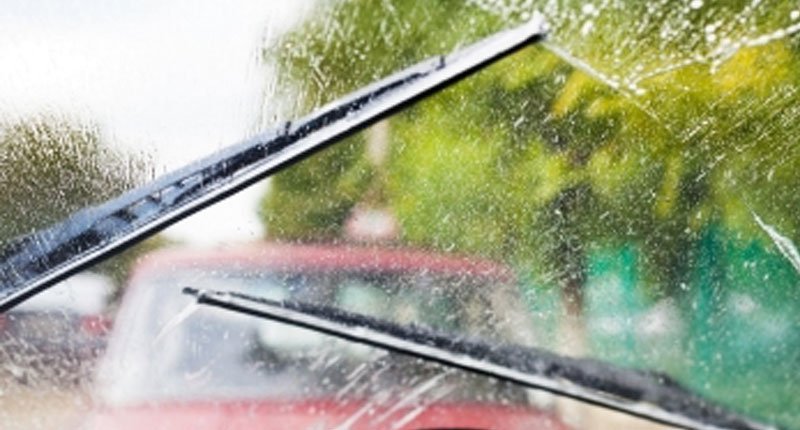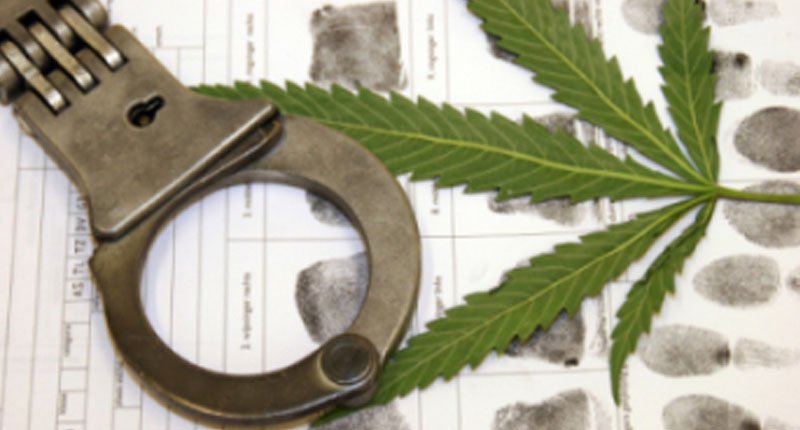

Attorney Sankey Recently Quoted by Quincy Patriot Ledger on Police Dogs and Probable Cause to Search
Attorney Jeffrey Sankey was recently quoted by The Quincy Patriot Ledger in an article discussing how Massachusetts’ gradual legalization of marijuana has rendered police dogs trained to detect the smell of marijuana irrelevant. Attorney Sankey explained that under the new law, “Whether it’s a dog or a police officer, essentially the smell of marijuana is no longer going to lead to probable cause” to search. In a blog article from 2014, Massachusetts Court Bars Warrantless Searches of Vehicles Based on Marijuana Odor, Attorney Sankey discussed decisions issued by the Massachusetts Supreme Judicial Court where the Court refused to uphold warrantless searches of motor vehicles that were based upon police officers detecting the smell of marijuana emanating from the vehicles. Because Massachusetts decriminalized one ounce or less of marijuana in 2008, the Court found it “dubious” that an officer could determine by smell alone that a criminal amount of marijuana – more than one ounce – was inside the vehicle. In practice, the Court’s holding has extended to dogs, and the recent legalization of marijuana in Massachusetts has effectively rendered useless dogs that were trained to detect the smell of marijuana and other illegal drugs. Because these dogs are unable to communicate whether they are smelling a legal amount of marijuana or an illegal drug, they cannot be used to acquire probable cause for a warrantless search of a vehicle. To read the entire Patriot Ledger article, follow the link below: http://www.patriotledger.com/news/20161215/with-marijuana-legal-many-police-dogs-are-now-overqualified For more information, please contact us at 781-930-3127. Notice: JavaScript is required for this content.
Read More
Wipers on, Lights On: New Massachusetts Law
Beginning on April 7, 2015, a new wipers on, lights on Massachusetts law will go into effect in Massachusetts which requires drivers to turn on their headlights and tail-lights whenever weather conditions require use of windshield wipers. The wipers on, lights on Massachusetts law also states that lights should be turned on a half-hour after sunset and a half-hour before sunrise or when visibility is under 500 feet. The fine for violating the new headlight law is $5. However, a driver who gets ticketed for a headlights offense may also incur a minor surchargeable traffic violation. Under the new wipers on, light on Massachusetts law, insurance surcharges will go on your driving record and could increase your insurance rate. Our advice: keep it simple. When you turn on your wipers, turn on your lights. Be safe, protect your driving record and avoid getting pulled over. If you have legal questions in Massachusetts, we, at Sankey Law, are here to help you. Give us a call today at (781)930-3127 for more information about how we can help you protect your rights. For more information, please contact us at 781-930-3127. Notice: JavaScript is required for this content.
Read More
MA Supreme Judicial Court Bars Warrantless Searches of Vehicles Based on Marijuana Odor
Massachusetts Court Bars Warrantless Searches of Vehicles Based on Marijuana Odor In a pair of decisions issued on July 9, 2014, the Massachusetts Supreme Judicial Court refused to uphold warrantless searches of motor vehicles which the police had attempted to justify based upon officers’ detection of a smell of marijuana emanating from the vehicles. These decisions demonstrate the court’s adherence to the 2008 Massachusetts voters’ initiative which decriminalized the possession of one ounce or less of marijuana. In the first decision, the police argued that they had probable cause to search a vehicle based upon the officer’s perception of a “very strong” odor of unburnt marijuana coming from inside the vehicle. The court rejected this argument, finding that it was “dubious” that an officer could determine by smell alone that what he smelled was a criminal amount of marijuana – more than one ounce – necessary to provide probable cause to search. The court stated that it was not confident “that a human nose can discern reliably the presence of a criminal amount of marijuana, as distinct from an amount subject only to a civil fine.” In a previous case from 2011, the SJC had held that the odor of burnt marijuana could not reasonably provide suspicion of criminal activity and, in the present case, the court extended that ruling to unburnt marijuana. In the second case, the SJC rejected two reasons offered by the Commonwealth to justify a vehicle search based upon the odor of unburnt marijuana: (1) that the search was necessary to prevent the driver from smoking marijuana while driving and (2) that the search was authorized because possession of even less than one ounce of marijuana remains a criminal offense under federal law. In regard to the first argument, the SJC noted that the smell of unburnt marijuana did not suggest a likelihood that the driver would smoke marijuana and drive unless the police intervened to stop him. To the contrary, the court found that the fact that the smell was of unburnt marijuana more likely demonstrated that the driver was not smoking while driving. The SJC recognized that were it to accept the Commonwealth’s flawed argument, “it would necessarily follow that police could search any vehicle containing sealed bottles of alcohol, based upon a potential risk that the driver could open a bottle and begin drinking while driving.” The SJC also pointedly dismissed the Commonwealth’s argument that the search was justified to enforce a federal prohibition of possession of small amounts of marijuana. The court emphasized that “given the clear preference expressed in the 2008 initiative that police focus their attention elsewhere, Federal law does not supply an alternative basis for investigating possession of one ounce or less of marijuana.” These cases seem to curtail all possible police arguments that they may search a vehicle based upon an odor of marijuana, whether the smell is of a burnt or unburnt nature. Recognizing that possession of one ounce of marijuana or less is not a criminal
Read More

